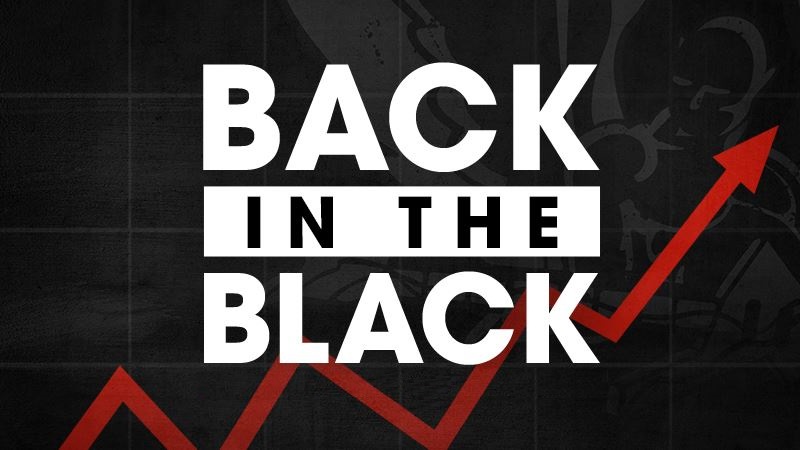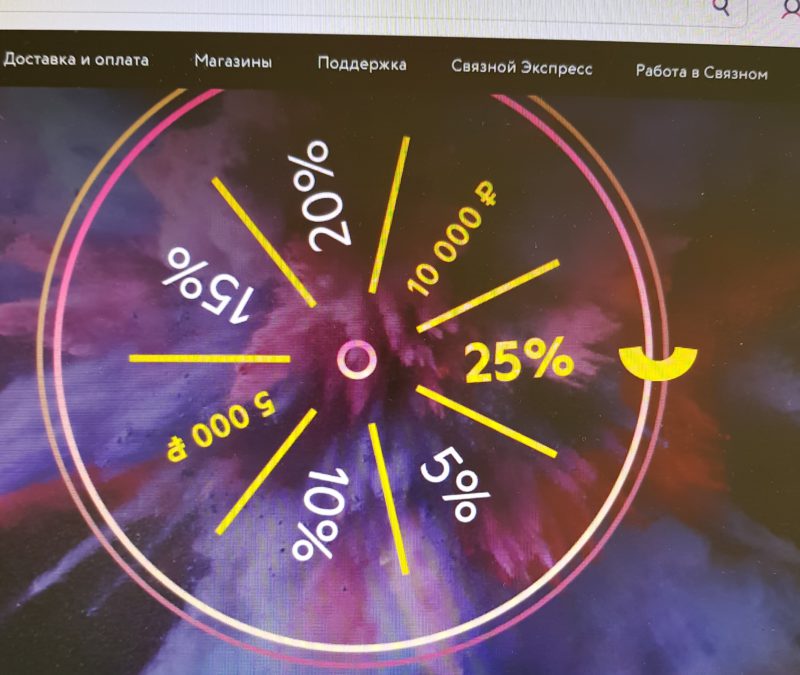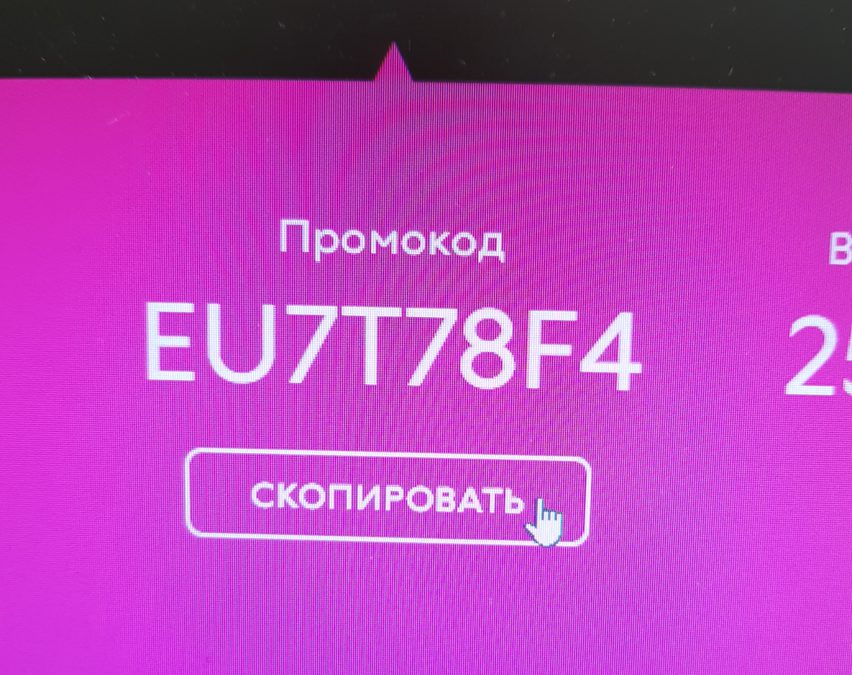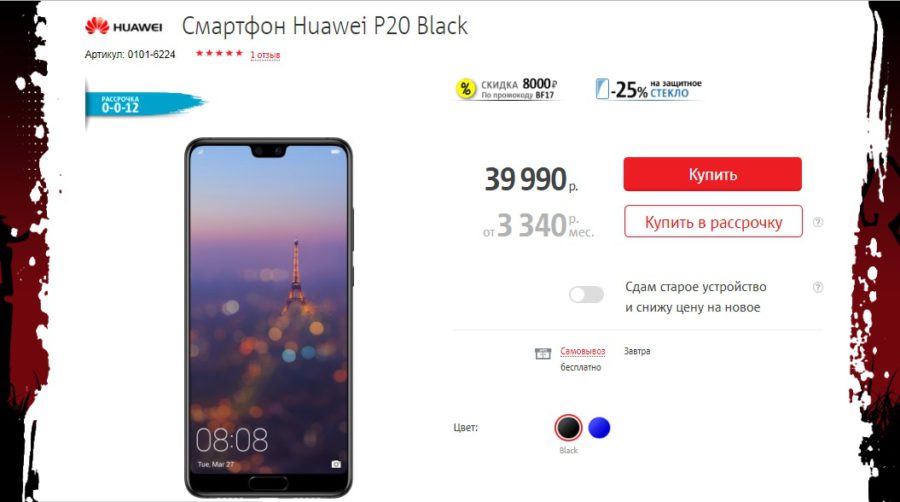The date of the appearance of the term 'Black Friday' is considered to be 1966, but the very custom of organizing sales after Thanksgiving, which falls on the fourth Thursday in November, was established in the 19th century.

Black Friday began to be called because of the huge traffic jams caused by residents of the American city of Philadelphia, Pennsylvania, rushing to the sale after Thanksgiving.
There is another version, according to which it became black because of the accounting slang 'in the black', which literally means a positive balance, that is, a profit.

Be that as it may, thanks to large discounts, Black Friday has become a nationwide phenomenon in the United States and an opportunity to save decent money on gifts that Americans give each other on Christmas, celebrated on December 25th. By the way, in the USA Christmas is much more popular than the New Year we are used to.
The buyer's benefit is obvious – savings. But why would sellers need it? It's simple – money should work. Therefore, a sale is an opportunity to get rid of the remains of stale goods, freeing up warehouses for fresh consignments. In addition, in the wake of the general excitement, you can also sell a product that sold poorly or did not sell at all in the previous days, thereby showing additional turnover and profit.

It's not just the US that has such 'wallet holidays'. Consider the Chinese 'Singles Day', which the enterprising Chinese have made their Eastern counterpart to the American 'Black Friday'. Russian buyers know 'Bachelor's Day' for its sales on November 11 on the popular Chinese online platform AliExpress.

Modern realities dictate a modern approach – trade is gradually going online, and the volume of goods sold remotely is steadily growing. Thanks to online shopping, we have the opportunity to shop without getting up from the sofa / armchair. It was for these busy shoppers in the US that another day, Cyber Monday, was invented, marking the busy days of high online sales after the retail buzz. Haven't had time to stock up on Black Friday? Never mind, here's Cyber Monday – buy without even getting off the couch.
It is customary to adopt a successful experience. Sellers all over the world have taken advantage of this, together supporting the Christmas feast of consumption by creating their own 'Black Fridays' and 'Cyber Mondays' in their countries, both coinciding with the American prototypes and having their own dates.
In Russia, the official date for the appearance of Cyber Monday is January 28, 2013. It was on this day that the first Cyber Monday in the history of Runet took place. And the very idea of the appearance of this day in Russia was announced by Maxim Faldin, co-owner of Wikimart. It happened in the framework of Online Retail Russia in December 2012.

Not without some unpleasant moments – from its very first appearance, the Russian Cyber Monday spoiled its reputation with a trick that most retail chains do not disdain today – to raise the price ahead of time in order to create the appearance of a discount on this amount later.
Yes, a discount is an optional phenomenon, and therefore its size and even the very fact of its existence depends on the seller's goodwill. Someone makes a 5% discount, and someone is ready to reduce the price by 90%. Here's an example of a proper Black Friday from western sportswear chain sportsdirect.com
Honest 80% discount. Moreover, on Friday the price was even lower – some $ 15 for a jacket filled with natural duck down (I managed to order it for myself and my wife).

However, there are always dishonest sellers and retail chains that, under the pretext of sales, are engaged in banal deception of buyers, not only drawing imaginary discounts on goods, but also overstating the price.
Today, a similar scenario is ubiquitous and has long discredited the very idea of Black Friday, turning from a means to empty warehouses by selling off leftovers into a means of profit through forgery and outright deception of the buyer.
Sometimes greed and thirst for profit obscures the eyes so much that the new discounted price is several times higher than that before the sale. Here is an example of such a 'sale' from an American retail chain:

The pre-sale price is clearly visible under the white sticker. After such an approach, any desire to buy something from this trading network disappears.
On AliExpress, this approach has become so widespread that special services have even appeared that allow you to track the dynamics of price changes over a long period and understand how real the offered discount is and how much it was 'drawn'.
If we talk about Russian retail chains, which have never been particularly generous and do not lower prices for goods to the last, then the situation is bleak. Discounts turn out to be either imaginary, with price tags drawn ahead of time, or purely nominal, when the super-90% discount indicated in the advertisement applies to one or two positions that no one needs for nothing.
For example, a promotion from the Svyaznoy retail chain, where you were offered to spin the reel with discounts and win either a discount percentage or a coupon worth 5 or 10 thousand.
As a longtime lover of all kinds of discounts and freebies, I was not too lazy to take part and even won a 25% discount. Agree, not bad.


This is my winning coupon. On the right, you can see the winning percentage. The quality of the photo is not very good, because I did not think that this picture would be useful to me (I photographed it to share my joy).
If not for one 'but' – it turned out to be possible to apply the coupon to a limited list of goods. And, attention, this entire list of goods consisted of one wired mouse costing more than 500 rubles. Let's not aggravate it by naming the price of such a mouse in other retail chains … A truly royal proposal.
True, in matters of decency, buyers do not lag behind retail chains. One of the conditions for participation in the action was the need to register on the site using e-mail and subscribe to company news. The user distinguished himself by registering more than 10,000 accounts during the action and spinning the same drum 10,000 times. In the best traditions of Odnoklassniki, he was “identified by IP” and blocked, however, as in that anecdote about spoons, the sediment remained.
Remember, just above I wrote about the Black Friday price fluctuations 'at times'? Don't believe me? But one Russian retail chain selling electronics and equipment is not even against such tricks.

Yes, there are also opposite examples, when a retail chain offers an honest discount on a product (I feel that I will undeservedly drown in advertising accusations). For example, the same MTS, which offered and still offers significant discounts on smartphones, including a discount of 8,000 rubles for a promo code for Huawei P20, the price of which without a discount is 39,990 rubles.

However, among Russian sellers, this is rather an exception to the rule.
Conclusion
At the moment, similar examples of 'honesty and decency' (sarcasm) of retail chains have flooded forums and social networks. People are outraged, and share negative reviews of those who decided to cash in on the sales, and even rank those who are 'more insolent'.
All this gradually leads to the fact that a great idea, beneficial to both buyers and sellers, is discredited by these very sellers. Thanks to such greed of retail chains and their desire to make money fraudulently, a negative opinion about the retail network is formed in the mind of the consumer, and against this background, a conditioned reflex appears not to make purchases on the days of any 'Black Friday', 'Cyber Mondays' and other similar holidays' unprecedented generosity 'retail chains.
Thanks to this attitude, retail chains risk getting Black Fridays, the name of which can already be interpreted not as an accounting idiom, but as periods of lack of sales due to lost trust.
